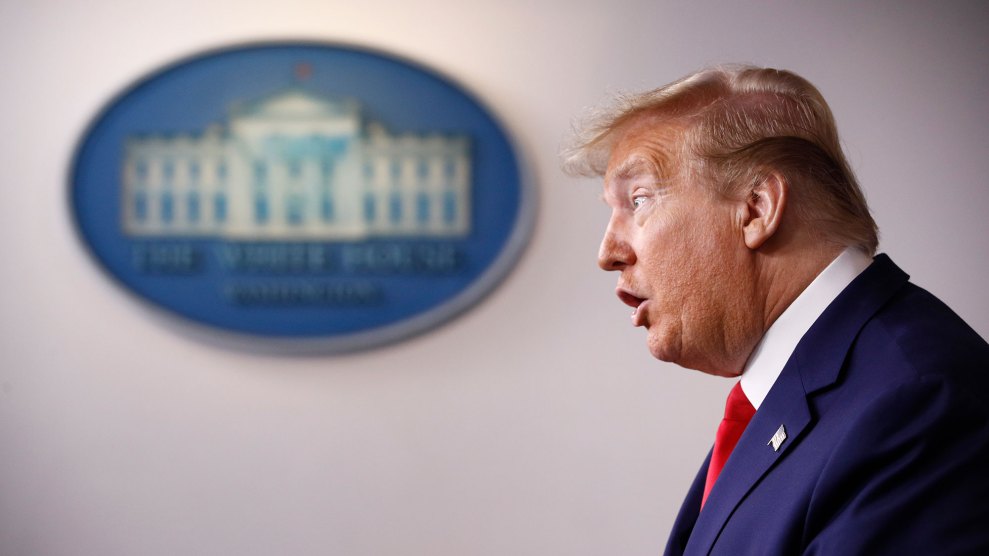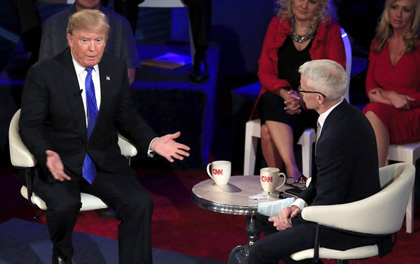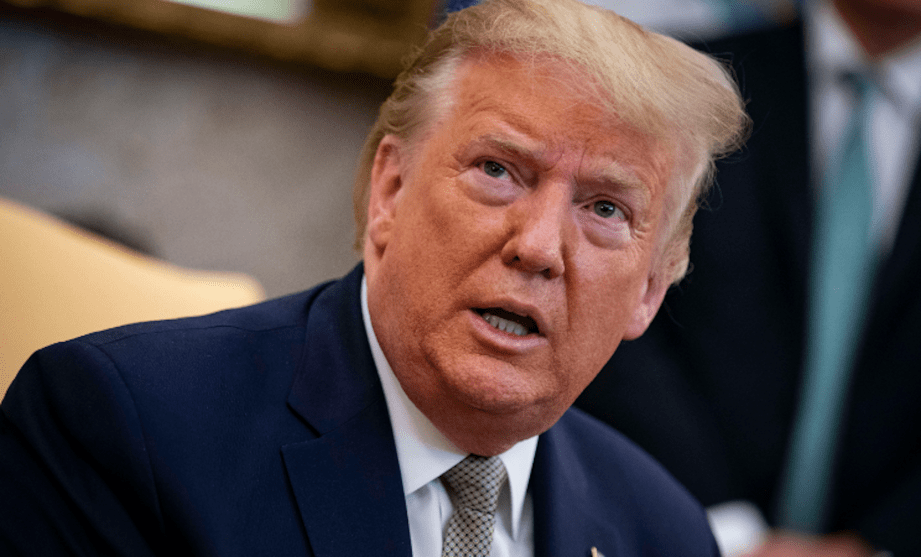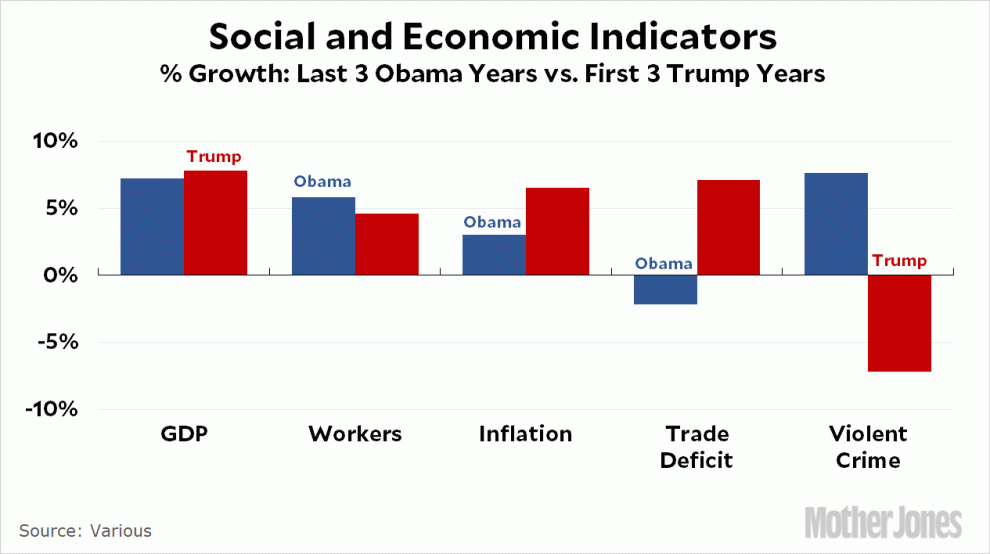On April 20, 2010, a natural gas explosion aboard an oil rig owned by BP and located 41 miles off the Louisiana coast killed 11 workers and exposed a leak that would release an estimated 200 million gallons of oil over 1,300 miles of Gulf coastline over subsequent months. Tens of thousands of recovery workers and National Guard soldiers were mobilized to aid in cleanup efforts. Ultimately, BP would pay $65 billion in compensation for the accident, the scars of which remain on the Gulf of Mexico’s ecosystem. Even today, wildlife in the region—where fishing forms the nucleus of the economy—are contaminated with oil pollution. And cleanup workers suffer from lingering health complications.
That spring, President Barack Obama, not even two years into his first term, addressed the nation from the Oval Office. He described the spill as “an epidemic, one that we will be fighting for months, and even years.” In the weeks after the spill, he also emphasized that as president of the United States, “I ultimately take responsibility for solving this crisis.”
Consider the contrast in leadership one decade and one president later, as the nation faces the pandemic of the coronavirus, which has infected nearly 800,000 people in the United States and killed more than 40,000. With businesses shuttered and at least 22 million unemployed in a single month, its economic toll is estimated to be in the trillions of dollars. In comparison, the BP oil spill was devastating and costly, but contained, and the president acted quickly and decisively. This crisis affects everybody around the world, and President Trump’s response has only made things worse.
President Obama appealed for collective action on the spill, saying, “We will fight this spill with everything we’ve got.” President Trump has offered a different approach to the pandemic, beginning with denial, and then transitioning into blame, evasion, confused messages, and fights with journalists, elected officials, the World Health Organization, and China. The federal government may officially urge people to stay home during the pandemic to “flatten the curve” and contain the infection, but Friday the president took to Twitter to encourage his supporters to protest against states abiding by those very guidelines. “LIBERATE MINNESOTA,” he wrote; ditto for Michigan and Virginia. The tweets, which inflamed frustration against governors from both parties—and shifted attention to state responses—led to protests over the weekend that potentially exposed demonstrators to COVID-19.
Then there’s how each president communicated his sense of responsibility for what had happened. Though neither administration caused the respective catastrophes—one was an accidental oil leak, the other a foreign-born virus—guess which one asserted his accountability for what transpired? “I ultimately take responsibility for solving this crisis,” Obama said in May of 2010 during a press conference in Grande Isle, Louisiana. “I’m the president and the buck stops with me.”
This was emphatically not Trump’s approach. On March 13, 2020, when the administration was under pressure to deliver on a delayed promise of widespread COVID-19 testing, Trump was asked if he was responsible for the shortfall. “No, I don’t take responsibility at all,” he said. “We were given rules, regulations and specifications from a different time,” he added, attempting to cast blame on the Obama administration. What he neglected to mention was that in 2018, the Trump administration removed the pandemic team from the National Security Council and cut 80 percent of the CDC’s funding to fight pandemics.
Trump: "No I don't take responsibility at all." pic.twitter.com/iT3Fj2JT6T
— Josh Marshall (@joshtpm) March 13, 2020
Crises of this magnitude require complex solutions. Recently, Trump has touted an anti-viral drug called hydroxychloroquine as the potential silver bullet that would ease the symptoms of those suffering from the disease. “There’s tremendous promise” in the drug, he said in a March 19 press briefing. “I think it’s going to be great.” On April 4, he said, “I may take it.” Meanwhile, health experts have expressed skepticism. No comprehensive studies on the drug’s effectiveness against COVID-19 have been released. In fact, when used in combination with another drug, azithromycin—a treatment the president has encouraged—hydroxychloroquine can lead to heart arrhythmia. Additionally, hydroxychloroquine belongs to a drug class known to cause neurological side effects.
Ten years ago, when Obama laid out the steps necessary to emerge from the BP oil spill, he didn’t skimp on the gravity of the situation. “America has never experienced an event like this before,” he said in Grand Isle. “There are not going to be silver bullets or a lot of perfect answers for some of the challenges that we face.”

















